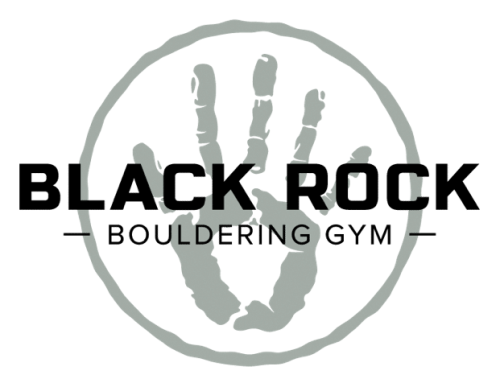The City of Phoenix is one of 134 cities around the world to be known as a Fast-Track City. The Fast-Track Cities Initiative is a global partnership to end AIDS as a public health threat by 2030 by strengthening HIV programs and leveraging programs and resources. The Fast-Track Cities Initiative is an ambitious goal, but one I believe we can achieve. We will get there because HIV is 100 percent preventable and 100 percent treatable.
Recently, I became a co-chair to the City of Phoenix’s Fast-Track Cities Ad Hoc Committee. The Fast-Track Cities Initiative has clear targets that we aim to achieve:
• Zero stigma and discrimination
• 90 percent of people living with HIV (PLHIV) knowing their HIV status
• 90 percent of PLHIV who know their HIV-positive status on antiretroviral therapy (ART)
• 90 percent of PLHIV on ART achieving viral suppression
In order to reduce stigma around HIV/AIDS, we must increase awareness and education. Plans are already underway to program educational events throughout the year. Last September, city staff held the 1st annual LGBTQ Senior Fair at the Paradise Valley Senior Center, in District 3. We are planning more events like this citywide.
Phoenix approved becoming a Fast-Track City in 2016. The Fast-Track Cities Initiative is a global partnership between the city of Paris, Joint United Nations Program on HIV/AIDs, United Nations Settlement Program, and the International Association of Providers of AIDS Care, in collaboration with the local, national, regional, and international partners and stakeholders.
The Fast-Track Cities Initiative was launched on World AIDS Day 2014 in Paris. The initiative is engaging political leaders, affected communities, civil society, city health officials, clinical and service providers, and other stakeholders to accelerate their local AIDS responses.
Phoenix’s Fast-Track City Ad-Hoc Committee, which meets quarterly, is made up of a diverse group of people living with HIV, medical providers, community-based organizations, local HIV advocacy groups, and government departments in the HIV field.
HIV stigma hurts entire communities. We can all help by talking about prevention, treatment, and recognizing that HIV status does not define a person.
For more information and resources, please visit HIVAZ.org and phoenix.gov/hivphx.
Respectfully,
Debra Stark
Councilwoman
City of Phoenix, Council District 3





